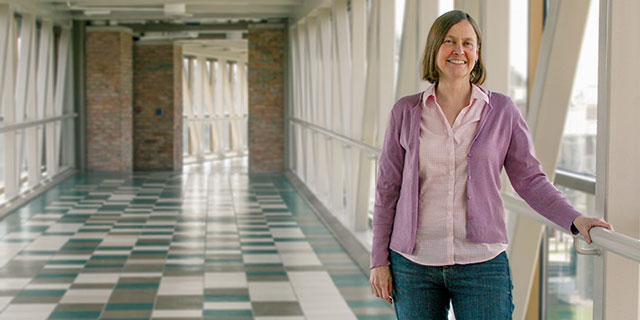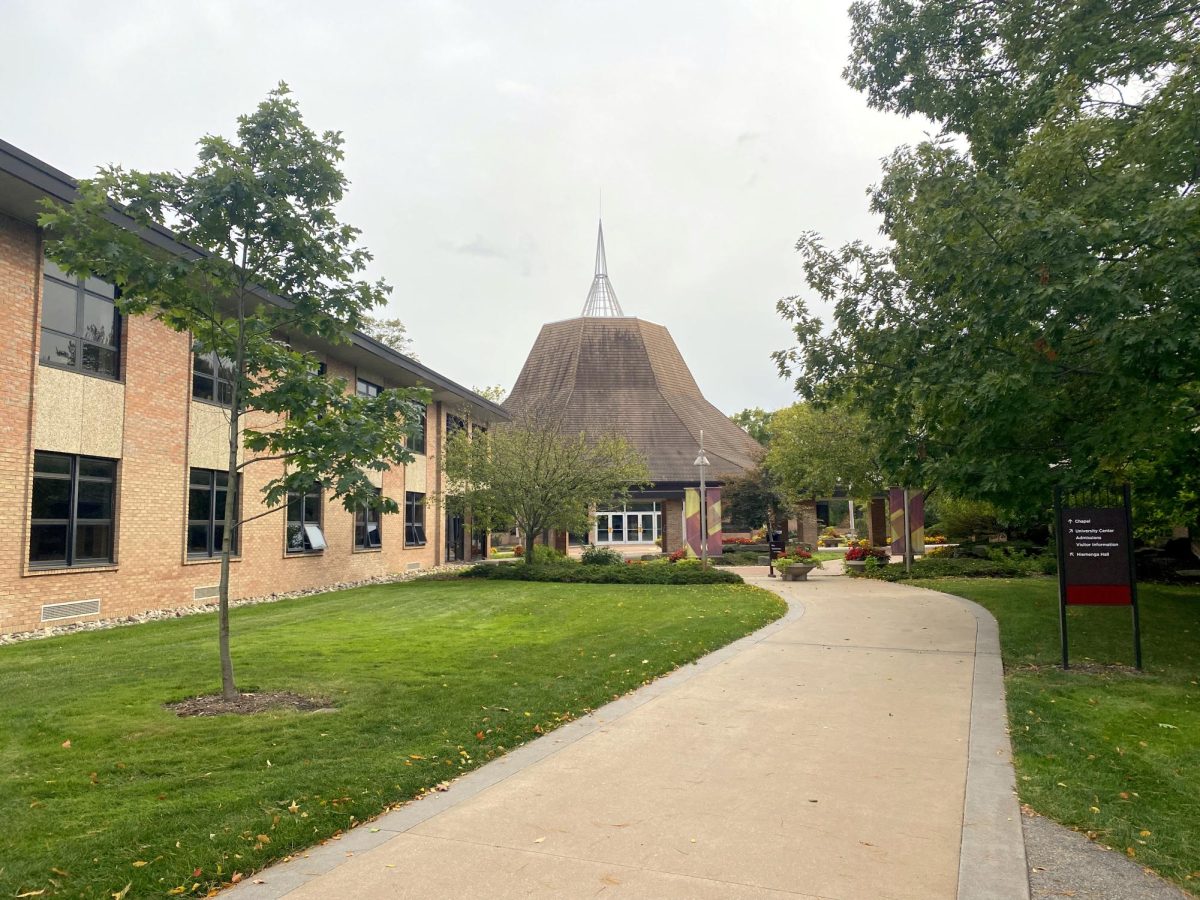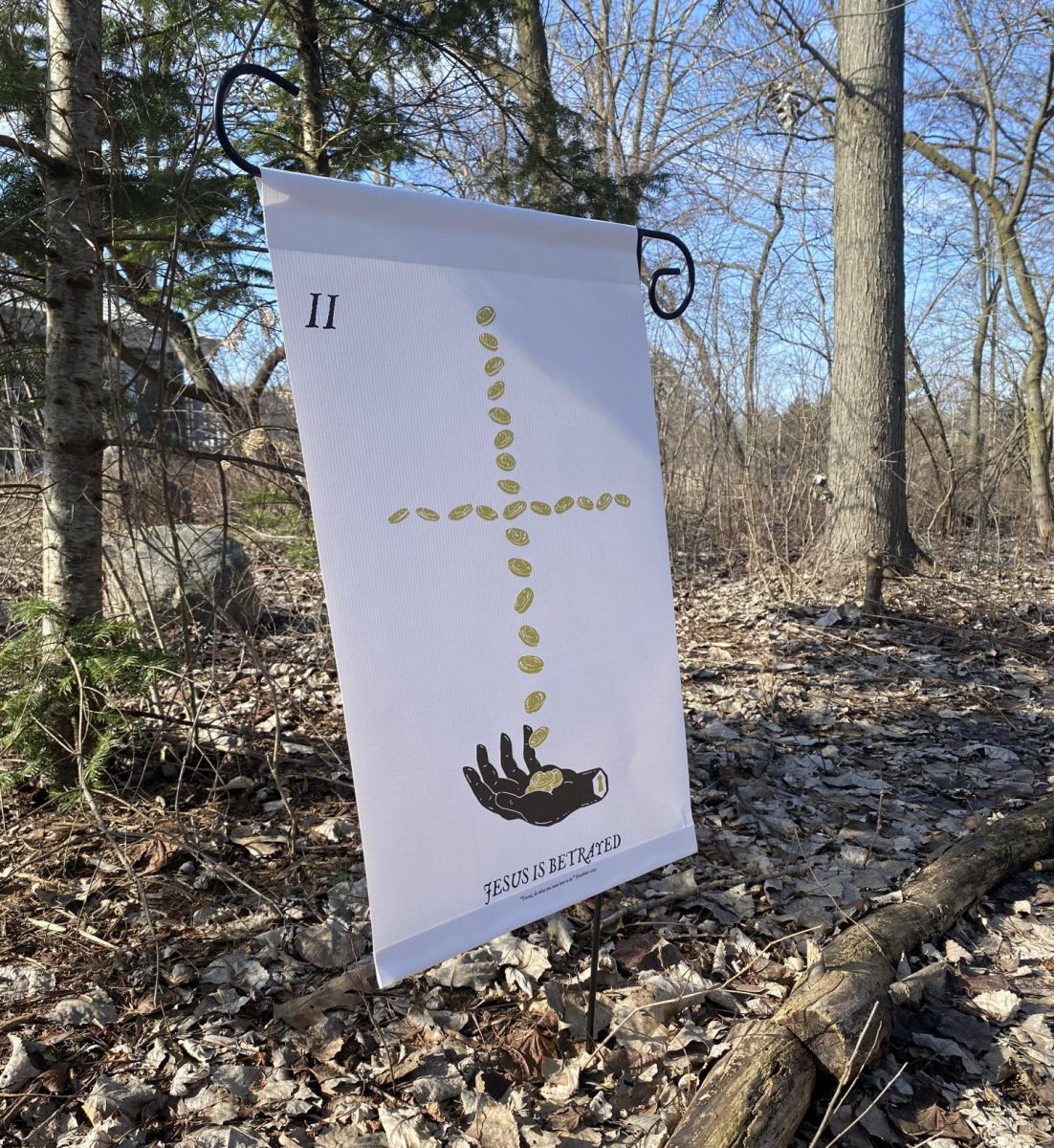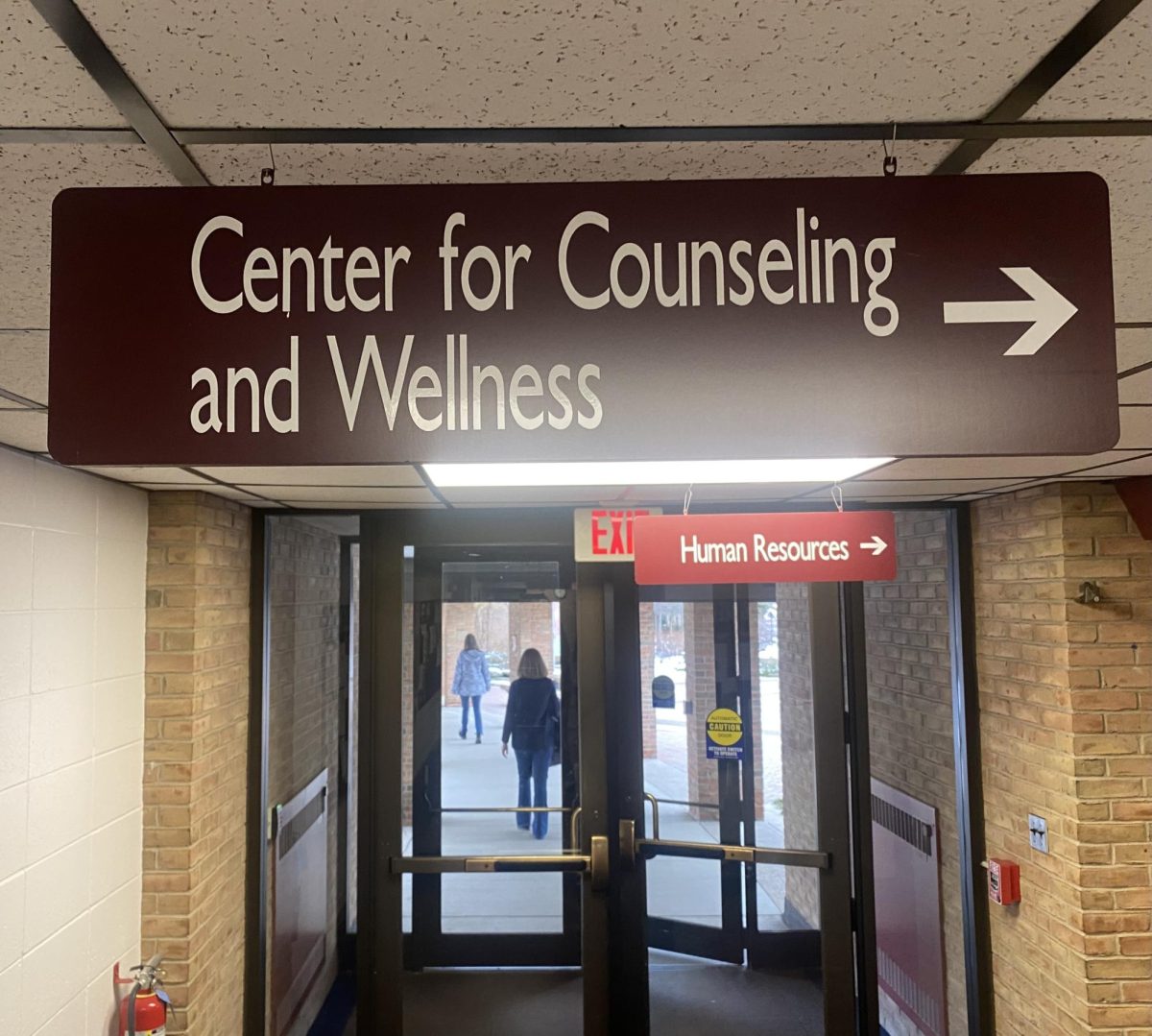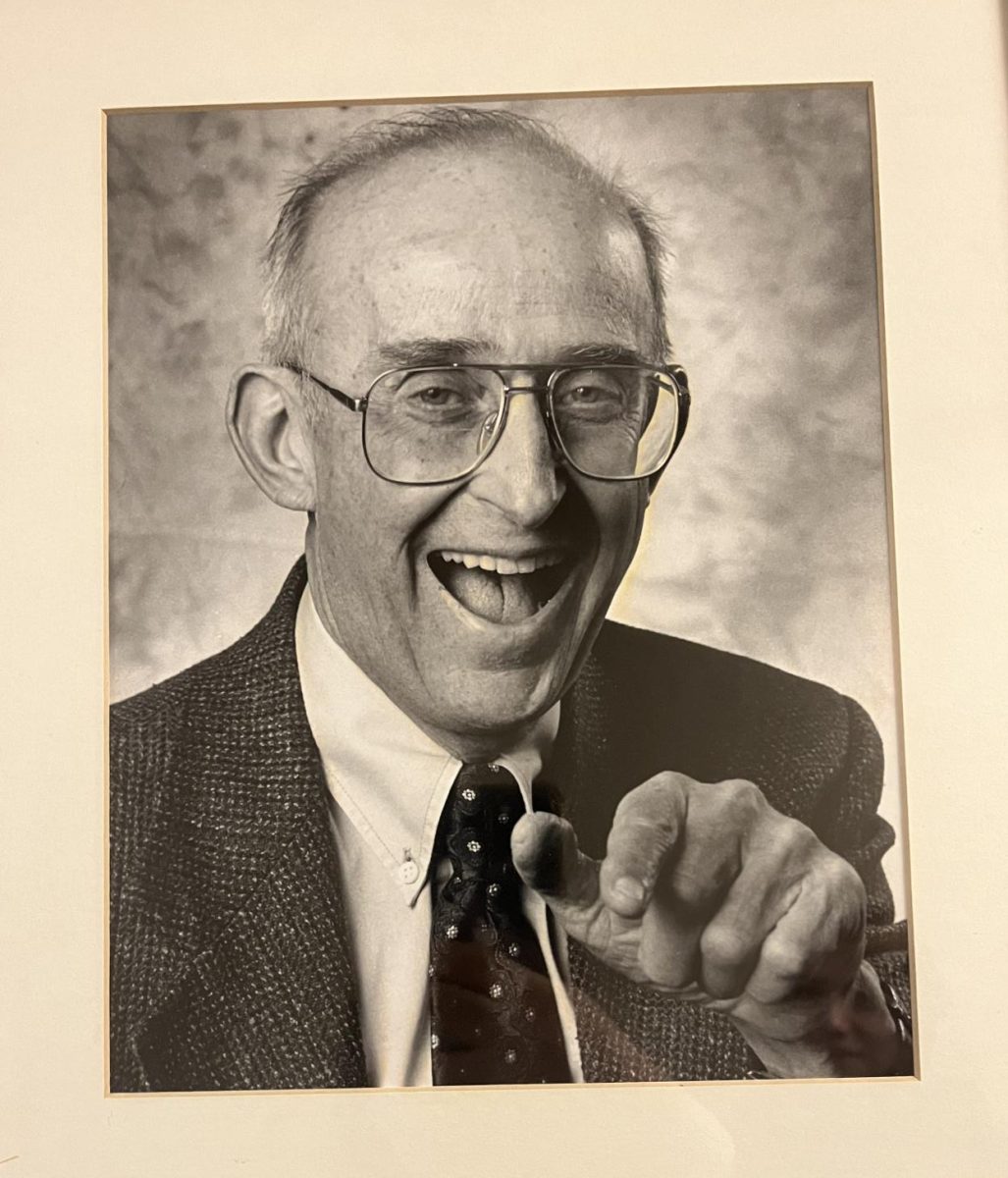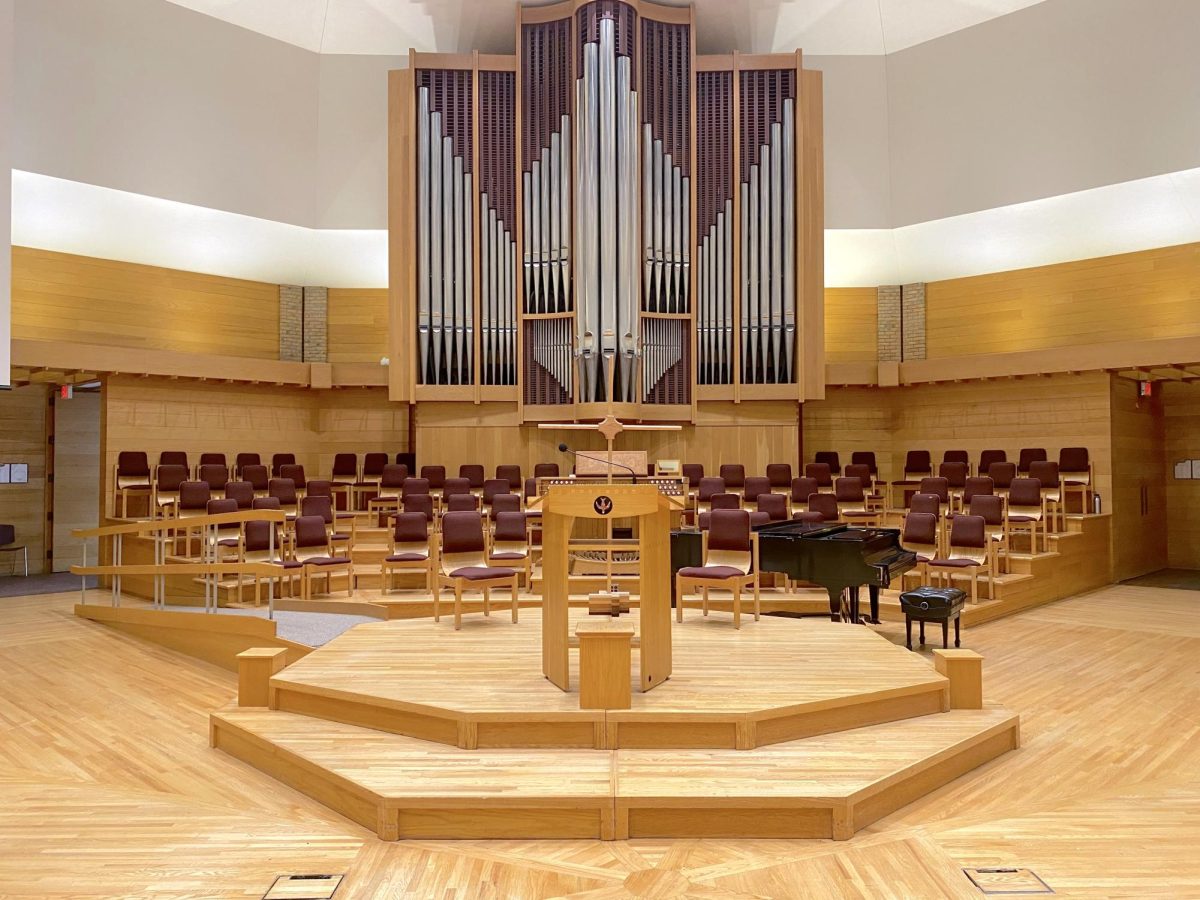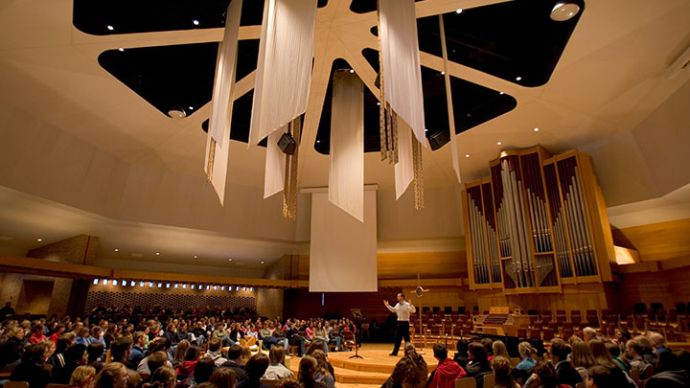Since 2008, Calvin professor Peggy Goetz has been conducting a study on stroke survivors and their reintegration into the church. A few years ago, now-graduate student Marie Bloem joined her in her research.
Goetz first became interested in this area of disability studies because of her work in Calvin’s speech pathology clinic. She had observed many stroke survivors whose strokes had damaged certain areas of the brain associated with language and cognition, which caused aphasia, a loss of ability to understand or express speech. Goetz decided to do ethnography research, which is qualitative rather than quantitative. She wanted a “rich picture” of stroke survivors’ experience, so she and Bloem accompanied stroke survivors to their churches and observed as participants.
Goetz also interviewed stroke survivors and their caregivers about their experience at church, and found that, at first, churches tend to respond well when a member suffers a stroke. They bring meals, pray and visit the survivor at the hospital.
But that seems to change after six months or a year has passed. After that much time has elapsed, the stroke survivor is plunged back into the real world. Sometimes they fall into depression, especially since they aren’t as occupied with focusing on healing and getting out of the hospital. Goetz said that, to make matters worse, stroke survivors sometimes lose friends because they can’t communicate like they used to.
Bloem explained that in the context of their churches, stroke survivors experience challenges with having a sense of purpose, knowing their place in the church and getting involved.
Goetz and Bloem said that one of their most striking findings was that communication in churches is usually either “communal” or “fast,” so it’s hard for stroke survivors to find community there. What helps, says Bloem, is “slow communication.” Slow communication involves spending unstructured time with someone — lingering over a cup of coffee or just hanging out with no agenda. Dr. Goetz told the story of a group from Fair Haven Church in Hudsonville who met to eat, talk and pray together. Each member of the group had some form of “neurological condition” — some had strokes or brain tumors, while others had Parkinson’s. Meeting together helped them “combat the isolation” that neurological conditions can cause.
Both Bloem and Goetz stressed that every stroke is individual. Bloem related that one woman put it like this: “Different strokes for different folks!” It’s important that churches respond to strokes according to how the individual who experienced it is feeling. Goetz and Bloem’s next project is making a brochure for churches that will give them information about how to reach out to stroke survivors. Bloem said of the project:
“Stroke survivors don’t always have their own voice. This is about giving them one.”




